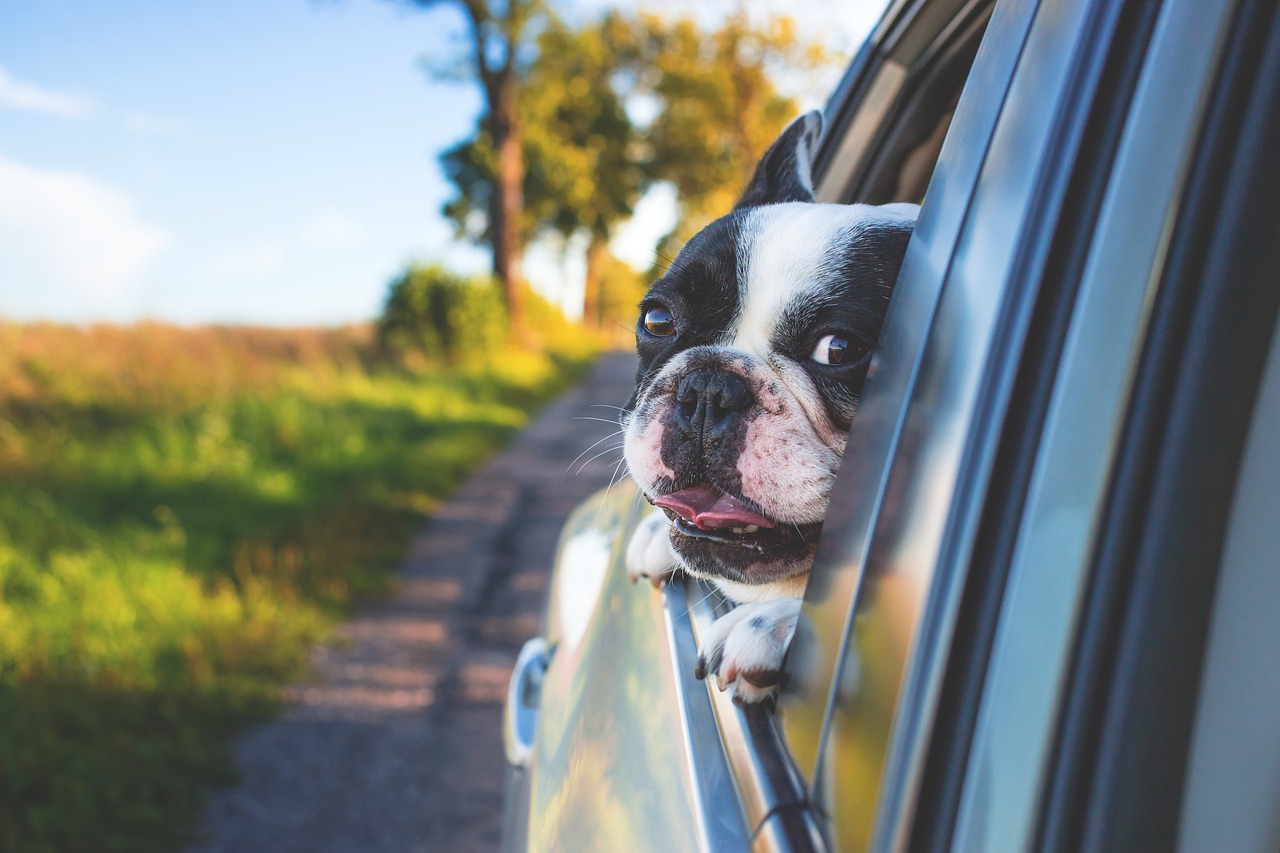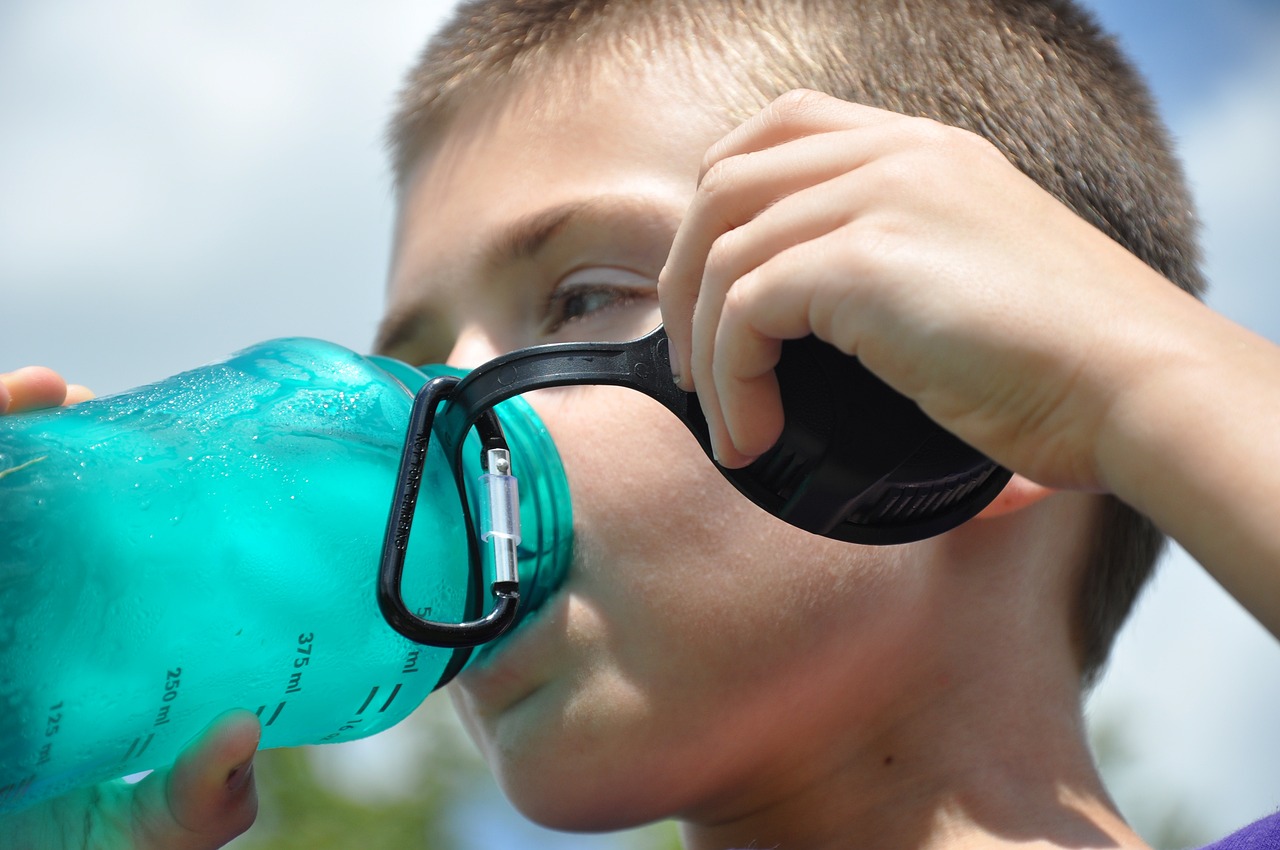Tired of Getting Carsick? Here Are 5 Effective Techniques For A Comfortable Journey
A peaceful drive through the countryside or an exciting night drive through the city can quickly turn into an unpleasant experience if you fall victim to car sickness. It’s a common issue that affects people of all ages, leading to unwanted symptoms like nausea, dizziness, sweating, and in severe cases, vomiting. When you’re just trying to have a good time, it’s an unwelcome visitor that comes along to ruin your day. Fortunately, there are several strategies you can follow to help prevent car sickness so you can get back to enjoying your drive. Here are five practical steps to take to minimize the effects of motion sickness and make your trip as comfortable (and as vomit-free) as possible.
1. Focus on the Horizon
If you didn’t know, car sickness is caused by a conflict between your body’s sense of balance and motion and what your eyes see. Your body is confused as to why it looks like you’re moving so quickly when really, you’re not moving at all. This discrepancy can be lessened by focusing your gaze on the horizon or a faraway stationary object. This technique provides a reference point for your eyes, helping your body’s sense of motion align with something that makes sense.
To help with this, here are a couple of other tips. If you’re a passenger, try to sit in the front seat where you’ll have a broader, unobstructed view of the environment. Also, try to avoid activities like reading or looking at your phone because they might only intensify the symptoms of car sickness.
 Image by Larisa Koshkina from Pixabay
Image by Larisa Koshkina from Pixabay
2. Maintain Good Ventilation
Sitting in a stuffy car is anything but good for you. Fresh air can work wonders in reducing the effects of car sickness. Make sure your car’s ventilation system is functioning well and direct a flow of cool air toward your face. Doing something like this that helps you feel refreshed can be very helpful when you’re starting to feel a bit nauseous. Be careful to avoid any odours that might worsen your symptoms, such as strong food smells or air fresheners.
If it’s practical and safe, consider opening the window slightly to let fresh air in. Avoiding an excessively warm environment in the car is key here. The sensory input from fresh air can help distract your brain from the conflict of motion and stability, reducing the likelihood of car sickness.
3. Hydrate and Snack Wisely
When it comes to preventing nausea and dizziness, which are typical symptoms of car sickness, it’s important that you stay well-hydrated. If you’re about to go on a long drive, make sure you have multiple bottles of cool water prepared. Furthermore, avoid alcohol or caffeine which can lead to dehydration and make you more prone to getting motion sick.
As for food, eating light, non-greasy snacks can help soothe your stomach and provide a good energy source for your body. Think along the lines of crackers, dry cereals, or fruits. Just be careful not to eat too much because being too full or having spicy, fatty foods before a car trip can exacerbate your motion sickness.
4. Practice Deep Breathing
This step is a simple, but effective strategy that can help you combat car sickness. When you start feeling ill, try doing controlled, deep breathing. This technique aids in soothing the nervous system which can reduce your stress and help your body manage the sensations of motion better. As soon as you notice the first signs of discomfort, start doing deep abdominal breathing. Inhale slowly through your nose, allowing your stomach to fill with air, hold for a moment, then exhale gently through your mouth. Repeat this pattern until you feel the symptoms slowly subside. You’ll be surprised by how helpful mindful breathing can be in distracting your brain and alleviating your symptoms.
5. Consider Over-The-Counter Medications
If you suffer from extreme car sickness and the above strategies aren’t effective enough for you, perhaps it’s time to consider over-the-counter motion sickness medications. Medicines like meclizine (Bonine, Antivert) or dimenhydrinate (Dramamine) are often used to alleviate the symptoms of car sickness. If you find yourself getting car sick often and quite easily, these drugs can be especially beneficial for you. Be aware that each medicine may have different side effects though, such as drowsiness. Alternatively, for a more natural approach, ginger, which is known for its anti-nausea properties, has also been shown to help with preventing car sickness.
No one wants their road trip ruined by unwanted nausea or dizziness; to mitigate these uncomfortable feelings of car sickness, follow these five practical tips to reduce and prevent your chances of getting it. Because everyone is different, it might take some experimenting to figure out what works best for you. But hey, we’ll do anything to reduce the chances right?











